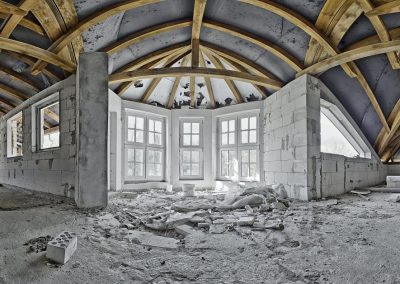
How Late Zhou China Reverse-Engineered a Civilization
From my article published in Palladium Magazine.
When archaeologists discover a sophisticated artifact like the Greek Antikythera mechanism, we conclude that some ancient societies may have been more advanced than previously believed. When we think of advanced civilizations, the image is usually one of advanced technology. Our civilization is advanced because we have rockets and nuclear power. Technology is the systematic application of knowledge, achieving goals that would otherwise be impossible. But not all technologies are material. The ability to organize human relationships, actions, and groups in organized and effective ways is itself a specialized form of knowledge called social technology.
Like material technologies, people can develop social technologies to facilitate the flourishing of society and its people. One might naturally wonder whether great social technology has ever been lost. Just as material technologies like the Antikythera mechanism can be forgotten or destroyed, are some social technologies lost to history?
Ancient China may be one such case—specifically the Shang and Early Zhou dynasties, from roughly 1600 BC to 800 BC. That era met its end as relevant knowledge on how to govern the country was corrupted and lost during the Later Zhou dynasty. With the knowledge fragmented and missing, societal decay ensued. The Warring States Period, which extended from the 5th century to the 3rd century BC, was a chaotic era which resulted from the disrepair and malfunction of this social technology. This spurred the era’s leading thinkers to recognize what was happening, albeit quite late in the process, when it was too late in many ways.
However, that these thinkers recognized what was happening at all is important and noteworthy. The blatant decline of the late Roman Empire did not lead its great thinkers to do the same. The insights and debates of the Later Zhou dynasty about the social technologies behind civilization are worth studying to apply to our own era.
Read the rest here.





